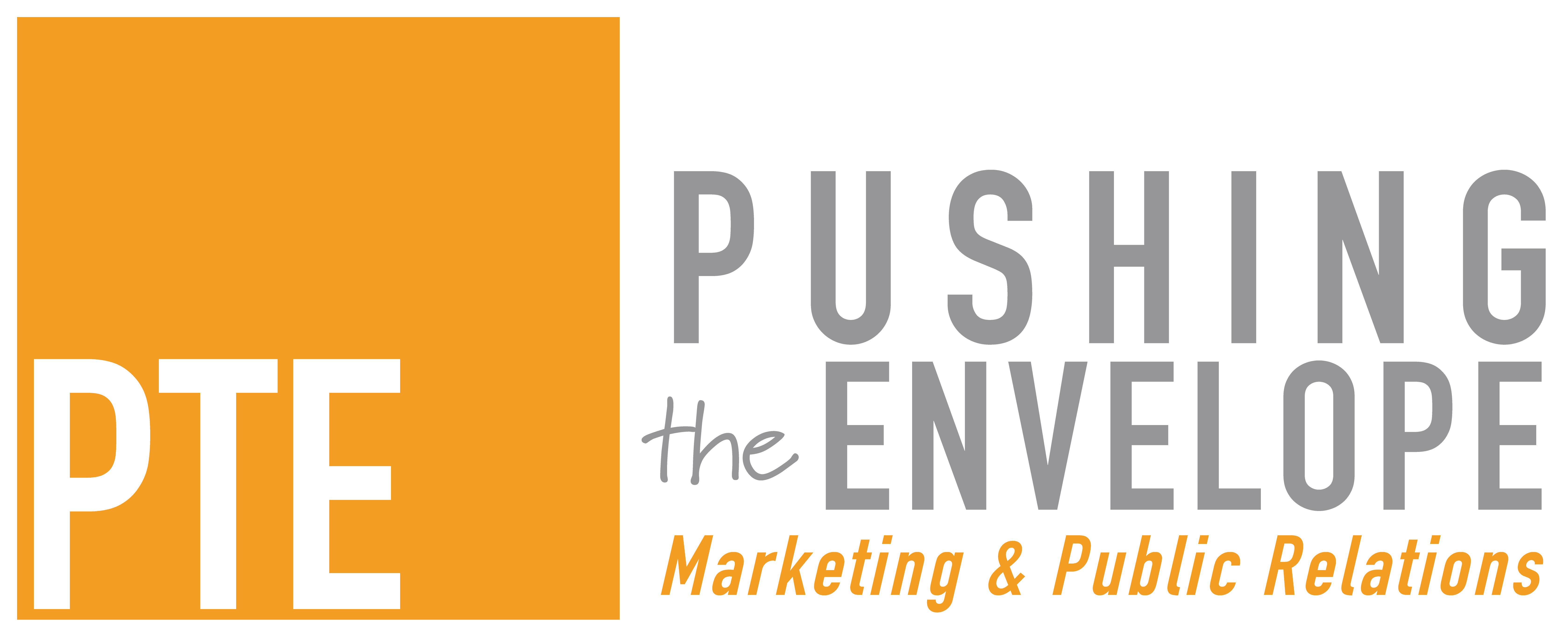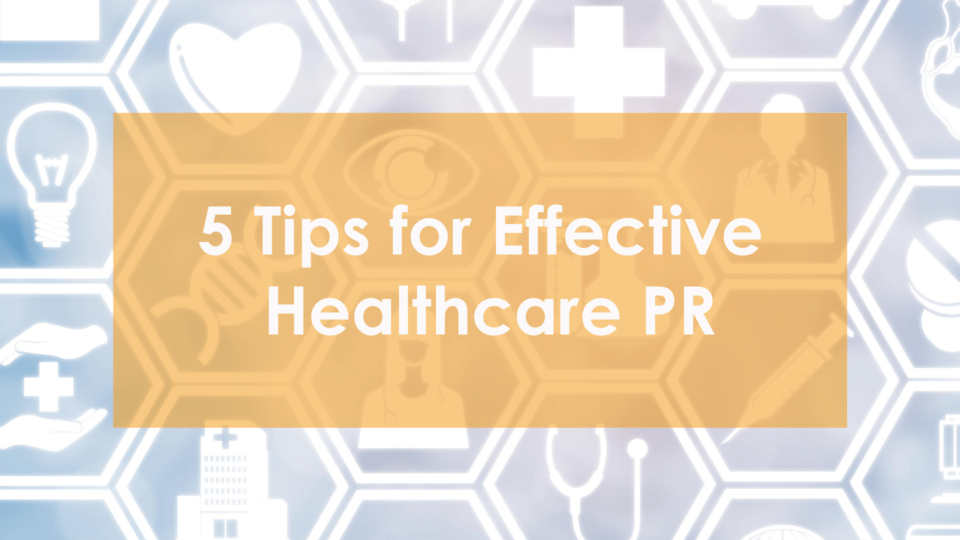The ongoing COVID-19 pandemic has forced healthcare public relations (or PR) to the forefront of public and media attention. Now more than ever, healthcare PR is critical.
Despite much of the news being centered on the Coronavirus pandemic, it should not diminish the importance or prominence of other types of healthcare news, information, findings, technology, etc. Leading companies, practices, and physicians are committed to providing patients with quality care and treatments every day. When done effectively, PR can help tell these stories, showcase technology, highlight treatments and physicians, and ultimately lead to healthcare help for more people.
Continue reading to learn about five fundamental tips for effective healthcare PR.
1. Learn the Terms
Working in a medical or scientific-based field comes with industry jargon that often includes big and sometimes complicated words and phrases. While practicing PR in the healthcare field, it’s imperative to learn the key terms or phrases but to also know when to leave them out of PR tools such as releases, media alerts, blogs, etc. Consider your audience and if they will know what these terms mean and/or if they will add value to what you’re trying to communicate.
2. Be Sensitive
In general, healthcare can be a delicate subject matter and heavily restricted by HIPAA laws, etc. Therefore, the data and information must be handled with a high level of sensitivity and discretion.
Moreover, always be sure you know and follow the strict rules enforced by the Health Insurance Portability and Accountability Act (HIPAA), the Federal Drug Administration (FDA), and other similar organizations that guide the operation and regulation of healthcare facilities. Be aware of and adhere to restrictions that might apply when making claims about medicines or treatments. Pinpoint accuracy is key.
3. Keep Things Simple
Health care is a broad field with scientific and biological topics that can be quite complex. It’s essential to keep your messages, writing, and speaking as clear as possible.
As mentioned above, using proper terms or simplified language replacements to avoid the use of jargon is key. This translation and simplification of medical information into understandable language is the essence of healthcare communication.
Consider supporting graphics or diagrams, even infographics to help tell (or show) your story. Images are a helpful way to simply explain complex concepts.
4. Include Expert Insight
When in doubt, seek expert help. Physicians are seen as the trusted resource on almost all medical topics and can provide invaluable, accurate insights into medicines, treatments, and technology.
Media will likely always look to include quotes or interviews from doctors in their stories. Therefore, when sending out a news release or pitching media be prepared. Identify a physician in advance who can serve as an expert resource or spokesperson on the subject. Include a quote from them in the media release and make sure they’re willing and available to participate in prospective interviews too.
5. Spotlight Patients
By nature, health care is a very human focused field. Consequently, media pitches that include a patient give “human interest” to a story making it more appealing to reporters. By having a person speak to a treatment, medicine, or technology they have experienced is much more relatable for the audience. The human connection component will also make the story much more powerful and memorable for readers and viewers.
As with physicians, be sure to have a patient lined up before you distribute your release or pitch the media so you’re ready to go when the media requests the interview.
Always be careful to follow HIPAA rules and be sensitive to the patient’s wishes and comfort level. If you’re unable to include a patient/patient case study, that’s okay too.
It’s a very difficult time and you’re not alone in trying to get a handle on the situation. However, effective and consistent communication can help you prepare and ensure that employees, clients or patients, and media are accurately informed about your business.
Healthcare PR is a very complex field of communication that demands a great degree of accuracy and knowledge. Keeping these basics in mind, you can achieve successful and valuable coverage for healthcare-related clients or business.
For more information on how PTE can help you with healthcare PR, contact us.

